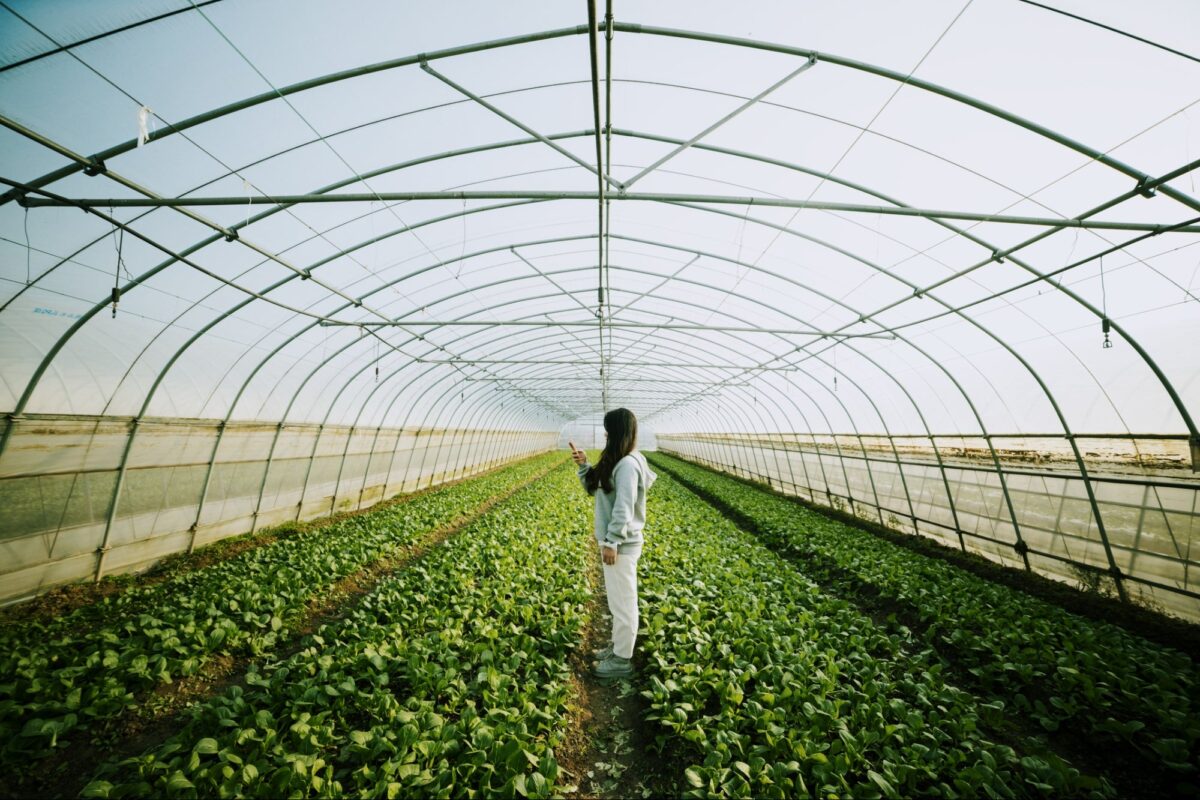Việt Nam wants to promote the development of green agriculture to ensure sustainable growth and higher quality of products, especially export goods.
At the COP28 UN Climate Change Conference in Dubai, the United Arab Emirates, Prime Minister Phạm Minh Chính introduced to the world for the first time a plan on establishing one million hectares of high-quality, low-carbon rice production in Việt Nam.
Minister of Agriculture and Rural Development Lê Minh Hoan said many international partners are interested in this project because rice has always been one of the leading sectors that emit the most methane.
Hoan told chinhphu.vn: “The agricultural sector must contribute to reducing greenhouse gas emissions, including the rice production. The current context forces Việt Nam to change the farming process to adapt to the green consumption trend.
“Việt Nam targets to market rice grains that do not cause greenhouse effects. At the same time, the green production will be applied to other commodities to carry out green growth in the agriculture.”
Việt Nam recorded the highest rice export of eight million tonnes in 2023, earning more than US$4.5 billion, since 1989 when the first Vietnamese rice grains were exported abroad. Việt Nam has not much agricultural production area, but this country still has a high export output, playing an important role in food security, according to Hoan.
The carbon credit market also brings new opportunities for green agricultural development. Trần Quang Bảo, director of the Việt Nam Department of Forest, Ministry of Agriculture and Rural Development, said that development of the carbon credit market in Việt Nam now is appropriate. This will help Việt Nam connect to the global carbon credit market.
Việt Nam’s 14.79 million hectares of forests can generate huge financial resources from the carbon credit market to re-invest in forest protection and development.
According to a report by the Food and Agriculture Organisation of the United Nations (FAO) on global forest resources, Việt Nam is one of 10 countries in the world that have the highest increase in forest area, Bảo said.
In the future, the forestry sector will continue to propose solutions to attract investment in afforestation because this is huge potential for Việt Nam to participate in the carbon credit market.
Forestry is a field with negative emissions and is assessed by experts as having great potential to exchange forest carbon credits with domestic and foreign partners. Therefore, the formation of the carbon credit market has many positive impacts on forest protection and development, he said.
To promote the early formation of the carbon market, the Forestry Department has said that it is necessary to complete the specific legal framework for the development and operation of the exchange on carbon credit, including forest carbon credits, according to Bảo.
At present, the Ministry of Agriculture and Rural Development has submitted to the Government proposals on forest carbon absorption and storage services in the draft of a decree amending and supplementing some articles of Decree 156/2018/NĐ-CP on enforcement of the Law on Forestry.
The department hopes that the new decree will create an important legal corridor for successfully implementing forest carbon absorption and storage services across the country. This will be the basic premise to help quickly connect to the global carbon credit market when the domestic carbon credit exchange is officially operated in 2028.
In addition, the ministry has issued a circular on measurement and inventory of greenhouse gases in the forestry sector. It also measures and calculates the amount of transferable forest carbon credits for each locality.
It is necessary to promote communication, and also improve awareness on forest carbon and the forest carbon credit trading market for central and local officials and forest owners.
Besides that, building of a database system relating to forest carbon indicators is necessary. Meanwhile, the national system for measurement, reporting, appraisal and recognition of emission reduction results must be developed to ensure harmony with domestic and international standards. Việt Nam also needs to promote international cooperation to get technical and financial assistance from partners to boost carbon market development. — VNS

